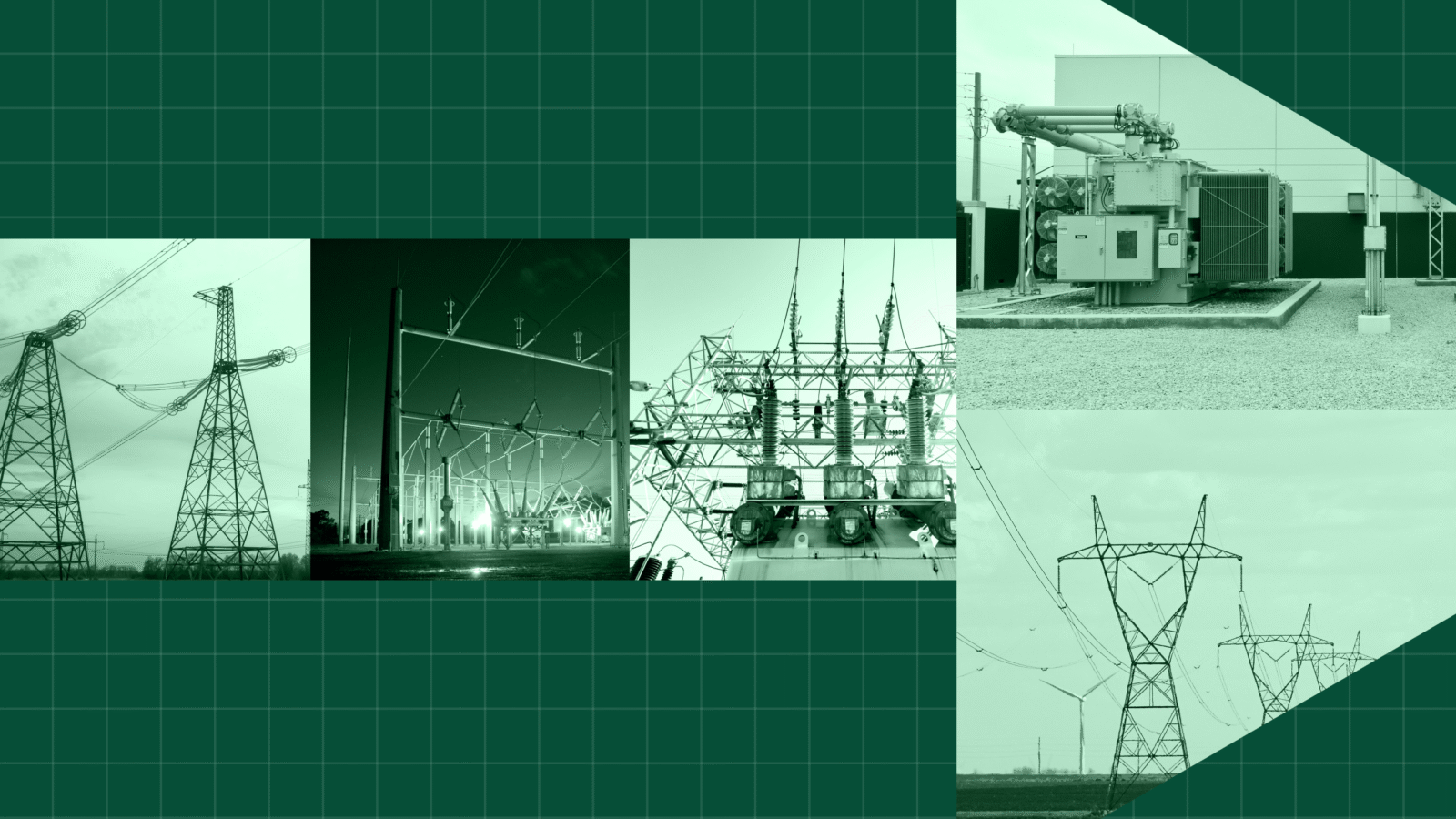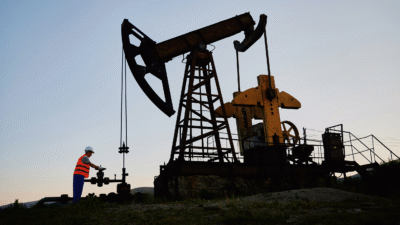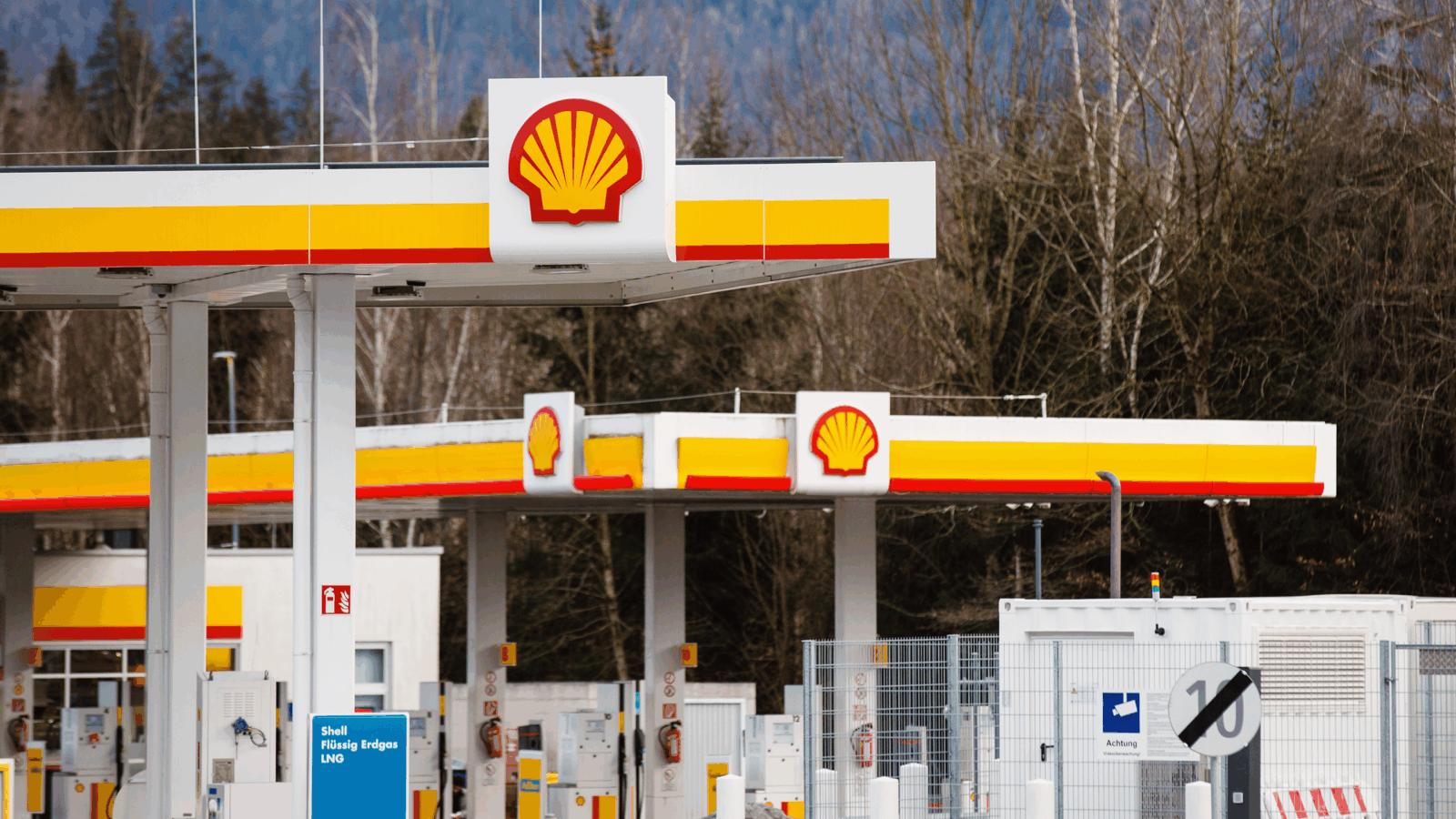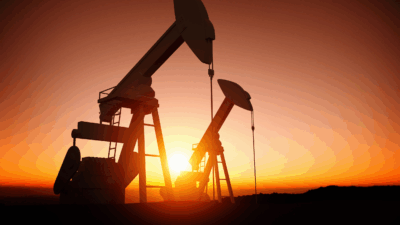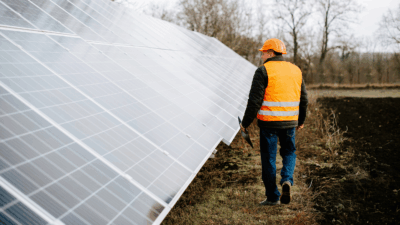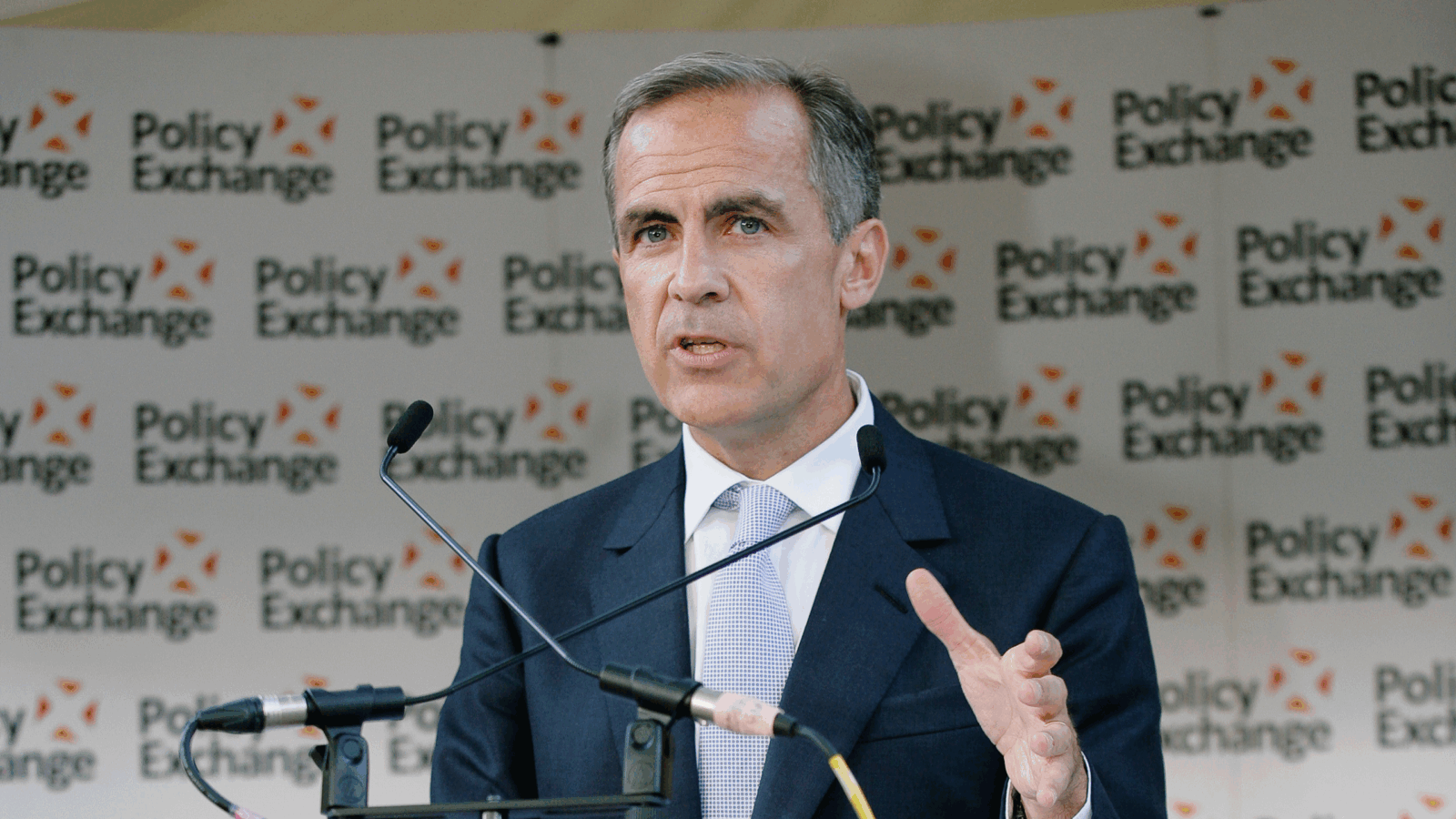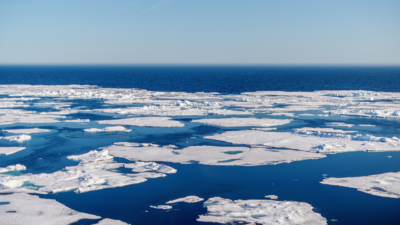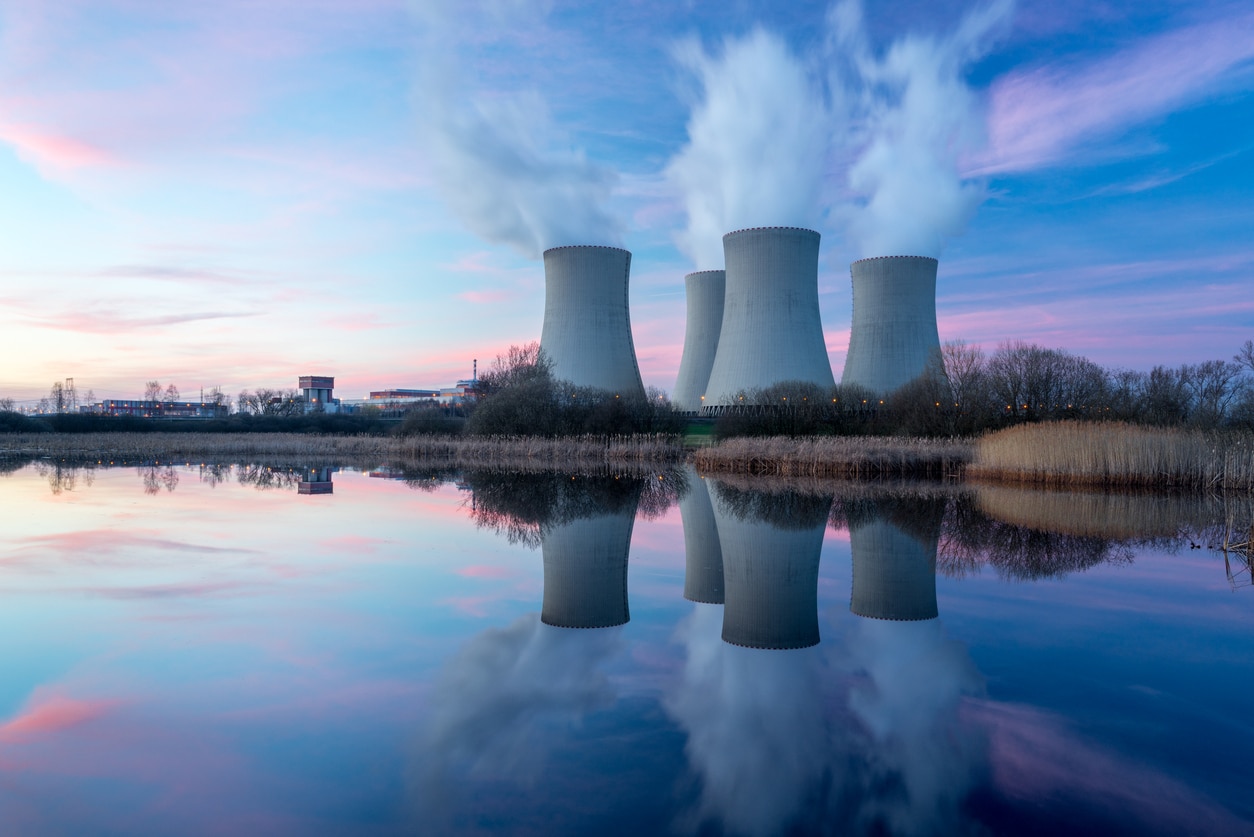
Sign up for smart news, insights, and analysis on the biggest financial stories of the day.
While Europe is being sapped by a brutal energy crisis, one country is radiating positivity.
France announced Tuesday it’s investing €1 billion — $1.2 billion — in nuclear power by the end of the decade, firmly planting itself on the side of the controversial energy source as the country seeks to lead Europe out of its energy woes.
L’option Nucléaire
Europe’s current energy crunch, driven by supply shortages, has seen natural gas and power prices soar so high that manufacturers have shut down plants, while nine UK power companies have gone bankrupt.
But France stands à part from the rest of Europe by generating over 70% of its électricité at nuclear plants. That’s protected its industrial firms (and consumers) from severe price increases seen elsewhere. In fact, France is the only G7 country that invests more in nuclear energy than renewables. Now, much to the chagrin of nuclear opponents, it’s doubling down:
- France’s latest investment will go towards building small modular reactors. Basically they’re teeny reactors that can generate 300 MW — enough to power 126,000 homes — and can be pre-manufactured and assembled on site (meaning the technology has high export potential, which is why major firms in China, Russia, the US, and Japan are working on prototypes).
- Analysts expect that President Macron will soon announce a much bigger investment to have six conventional nuclear reactors up and running by 2044, at a cost of about $59 billion.
Green Energy or Red Flag?: France also said Tuesday it’s joining a coalition of EU countries, including Finland, Poland, and the Czech Republic, who want nuclear energy — which is emissions free — to be labelled as “green” under EU tax laws. Other countries, notably Germany, are strongly against the proposal, citing nuclear waste.
Is There a French Word for ‘Schadenfreude?’: Germany — which is set to completely phase out nuclear power next year — had to start burning coal during the current energy crisis. And a 2019 UC Berkeley study found the country’s nuclear phase-out has caused CO2 emissions to rise 36 megatons per year, or 5%, resulting in 1,100 annual air pollution deaths.
